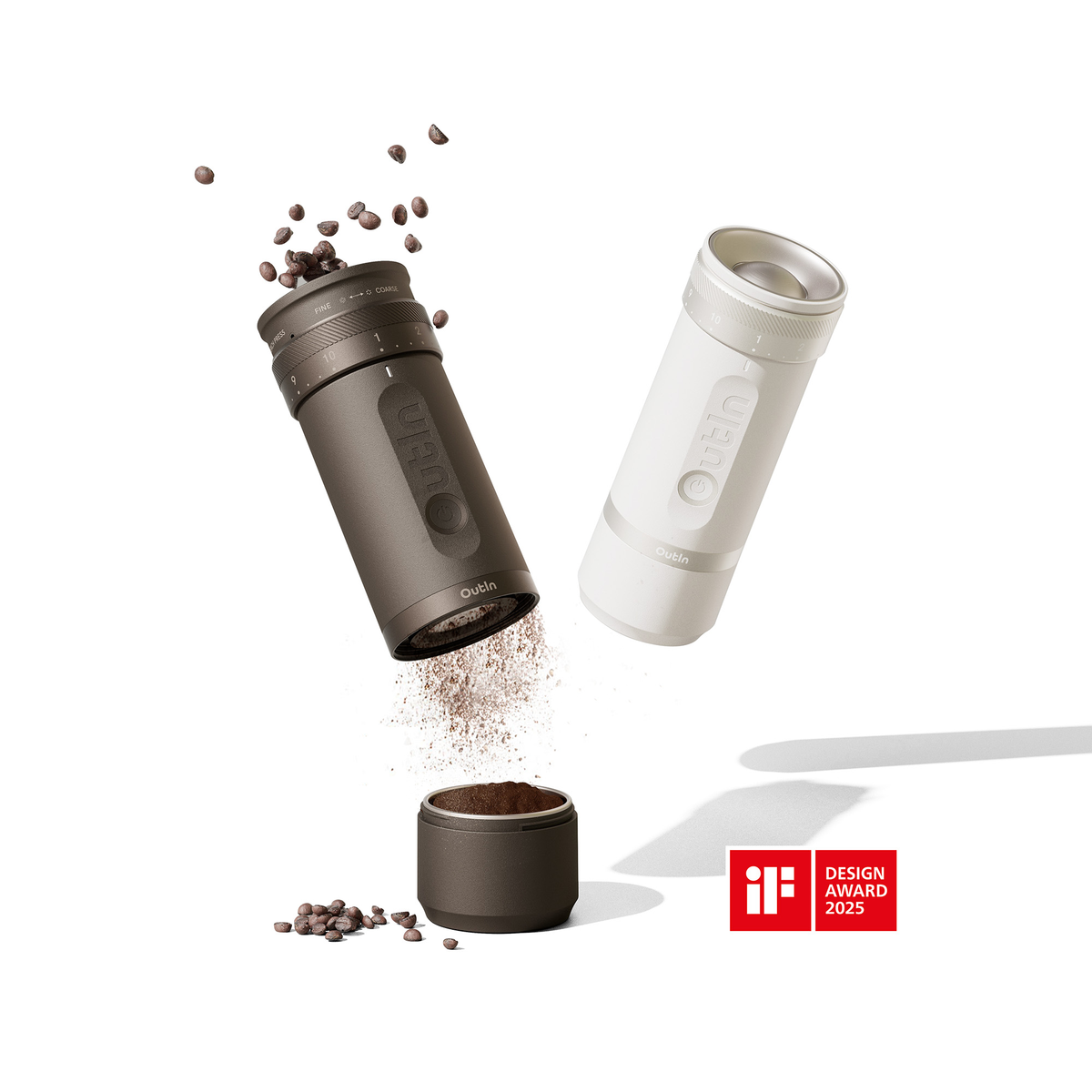Unlock the Secret to Perfect Coffee: Discover the Ultimate Guide to Choosing Your Ideal Grinder!
When it comes to brewing the perfect cup of coffee, many enthusiasts often overlook one crucial component: the coffee grinder. The grind size of your coffee beans can make or break your morning brew, influencing both flavor and aroma. A good grinder ensures that your coffee is fresh, releasing its full potential. In this ultimate guide, we will explore the different types of coffee grinders available, from blade to burr grinders, and provide key considerations to help you choose the right one for your brewing needs. Whether you're an occasional drinker or a dedicated coffee connoisseur, understanding your options will empower you to elevate your coffee experience like never before.

Understanding Coffee Grinders
A coffee grinder is a device that grinds roasted coffee beans into smaller particles, allowing for optimal extraction during brewing. This process is essential since freshly ground coffee retains more flavor and aroma compared to pre-ground options that can quickly lose their vibrancy. Grinding coffee beans just before brewing ensures that you capture the essential oils and compounds that contribute to a rich taste. Many coffee lovers, including a friend of mine who swears by his daily brew ritual, have experienced a world of difference after switching from pre-ground coffee to freshly ground beans, proving that a grinder can significantly impact the quality of your cup.
Types of Coffee Grinders
When it comes to coffee grinders, there are primarily two types: blade grinders and burr grinders. Each type operates differently and offers unique advantages and disadvantages. Blade grinders use a rotating blade to chop the beans, which can lead to uneven particle sizes. On the other hand, burr grinders crush the beans between two surfaces, resulting in a more consistent grind. This consistency is crucial for achieving an even extraction during brewing, which dramatically enhances the flavor profile. While blade grinders are often more affordable and convenient, burr grinders are favored for their superior performance and potential to unlock the full flavor of your coffee.
Blade Grinders
Blade grinders are typically the more budget-friendly option, making them popular among casual coffee drinkers. They operate by using a spinning blade to chop the beans, resulting in a mix of finely ground and coarsely ground coffee particles. This inconsistency can negatively affect the brewing process, leading to a less balanced flavor. While they are great for quick use and can handle spices or herbs as well, those who value coffee quality may find their limitations a drawback.
Burr Grinders
Burr grinders come in two subtypes: flat and conical. Both types excel at producing a uniform grind size, which is essential for achieving a balanced extraction and enhancing the coffee's flavor. Flat burrs tend to produce a slightly more consistent grind, while conical burrs are often quieter and easier to clean. The ability to adjust grind settings on burr grinders allows for versatility in brewing methods, whether you're making espresso or a French press. My barista friend always emphasizes the importance of investing in a good burr grinder, claiming that it transformed her coffee game and helped her discover new flavor notes she never noticed before.
Factors to Consider When Choosing a Coffee Grinder
When selecting a coffee grinder, several factors should guide your decision. First, consider the grind settings—do you want the flexibility to adjust for different brewing methods? Next, think about capacity; a larger grinder may be more suitable for those who brew coffee for multiple people. Ease of cleaning is also vital, as coffee oils can build up and affect flavor over time. Noise levels may not be a priority for everyone, but if you value a peaceful morning routine, opting for a quieter model could be beneficial. Finally, matching the grinder's features with your personal coffee preferences is essential. For instance, if you enjoy experimenting with various brewing methods, a versatile burr grinder with multiple settings would be ideal.
Essential Takeaways for Coffee Grinder Selection
Choosing the right coffee grinder is an essential step toward achieving the best coffee experience possible. By understanding the different types of grinders and considering key factors like grind size, capacity, and ease of maintenance, you can make an informed decision that caters to your individual needs. Whether you prioritize convenience, affordability, or flavor quality, there’s a grinder out there that can enhance your coffee ritual. So, take the time to explore your options, and you might just unlock a new level of coffee enjoyment that transforms your daily brew into a delightful experience.



